14 international university students will map the development potential of Boden Plug & Play together with the global technology company ABB.
At Boden Plug & Play, the business and social solutions of the future are shaped. Now, 14 international university students will map out the area’s development potential together with the global technology company ABB.
Boden Plug & Play is a different industrial area that is still developing. It combines a data centre with satellite receivers, and a unique 300 square metre greenhouse is used to experiment with growing fruit and vegetables all year round.
It is an area where new technologies meet our everyday needs and tomorrow’s businesses are shaped by collaborations across sectors.
In simple terms, Boden Plug & Play can be described as a development industrial area. Where potential societal solutions are tested with the ambition to be used on a larger scale as part of the societal transformation.
– Although there are establishments in place and more in the pipeline, most of Plug & Play is still undeveloped. This, together with the fact that it is an electricity-intensive area, means that there is extensive interest from both companies and the research community,” says Nils Lindh, business developer at Boden Business Agency.

“Boden is a role model”
One of these is the global technology company ABB, which is participating in an ongoing research project with EIT InnoEnergy.
Thanks to its cooperation agreement with KTH, ABB received an offer to collaborate with 14 talented master students in energy technology to do an optional research project over 6,000 hours. The choice fell on Boden Plug & Play.
– It is a gigantic energy site that has not yet been built, where the possibilities are enormous. ABB has long had a partnership with Boden Business Agency and ambitions to make joint ventures. Boden sees what is needed for a symbiotic industrial park and they are a role model that drives and coordinates it with a holistic view in focus,” says Mikael Miglis, Digital Lead within ABB Electrification.
The students come from ten different countries and are coordinated through EIT InnoEnergy. Their mission is to map Boden Plug & Play in order to find out how the energy flow and energy systems can be developed. They will see what each part of the area can contribute and look at a model for future platforms and payment solutions.
– Industrial symbiosis isn’t that big in Sweden yet, but Boden is really putting it on the map. All focus areas that are important to us at ABB are represented in this symbiosis. This is where the industries of the future are and where we want to contribute with our products and solutions,” says Mikael Miglis.
Abundance and values
One example of industrial symbiosis concerns the use of resources. Where a surplus and a residual for one activity, may have a value for another. One such variation is how the excess heat from the technology in the data halls can be used to power a greenhouse that enables year-round cultivation and contributes to less imported food on store shelves.
But how is the value distributed fairly? This is one of the elements that the research team will investigate.
– Today there are no methods to solve this. This is where digitisation comes in. We set up a digital platform that visualises the value. EIT InnoEnergy will simulate this and come up with a proposal on how to do it. ABB supports with products, services and platforms,” says Mikael Miglis.
Projects with Northvolt
EIT InnoEnergy is an organisation working to accelerate the energy transition in Europe. They are financed by EU funds and by shareholders in the energy sector. Students studying through their programme receive double Master’s degrees in sustainable energy technology, business and entrepreneurship.
– We are working hard to use our network in the energy sector to give students practical experience and pathways into the world of work. The model where we exchange knowledge and the students get the opportunity to carry out sharp assignments is a win-win situation for everyone and helps to speed up the transition,” says Javier Arias, EIT InnoEnergy’s Marketing Manager for Training.
Similar projects have previously been carried out with other companies in the sector, for example in collaboration with Northvolt in northern Sweden.
In Boden, each student will spend an average of just over three months of school time on the project. It is a comprehensive survey, equivalent to 3.5 years of work for a single researcher.
Nils Lindh represents Boden in the project and follows it with great interest.
– It’s great that large international companies believe in our idea of developing through symbiotic spin-offs. This is a great opportunity for the municipality of Boden to identify initiatives that can develop the area and provide great opportunities for the businesses that are there today. But also for the local business community that wants to grow and develop its existing business through cooperation with other industries, says Nils Lindh.


